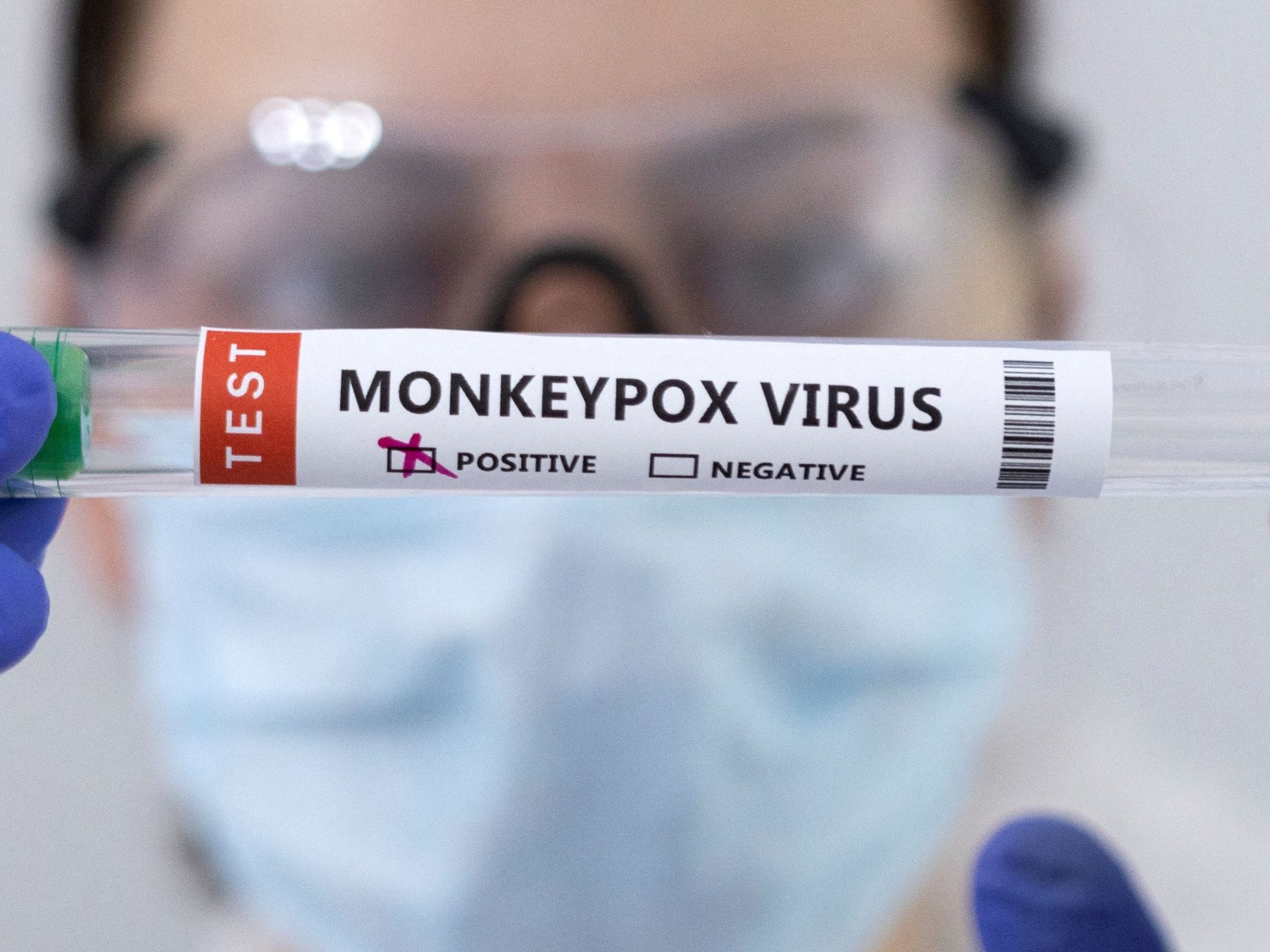Mpox “no longer represents a public health emergency of international scope”declared the director general of the WHO, Tedros Adhanom Ghebreyesus, at a press conference in Geneva, adding that he had followed the recommendation of the entity’s Emergency Committee.
This announcement comes exactly one week after the institution will lift the maximum alert for the covid.
“Although the alerts for Mpox and covid-19 ended, the threat of new waves remains for both. The two viruses continue to circulate and both continue to kill,” warned Tedros.
In May 2022, Mpox outbreaks began to be recorded in Europe and the United States, outside the dozen countries in Central and West Africa where the disease has been endemic for some time.
The WHO Director General declared a public health emergency of international scope on July 23, 2022.
Since then, the number of infections has decreased significantly. There have been “almost 90% fewer cases these three months, compared to the previous three months,” Tedros explained.
In total, more than 87,000 cases, in 111 countries, and the disease has caused 140 deaths, according to the last count.
– Downward trend –
“While we welcome the downward trend in Mpox cases globally, the virus continues to affect communities in all regions, including Africa, where transmission is not yet well understood,” he continued.
Travel-related infections also pose a risk, he added.
“Mpox continues to present significant public health challenges that need a robust, proactive and sustainable response,” he warned, urging countries to maintain vigilance and access to diagnostic tests and vaccines.
Like the vast majority of infections that were registered in the world occurred between men who had sex with other menAt first, it was feared that there would be a problem of discrimination in the response to the epidemic.
“While stigma has been a driving concern in managing this epidemic and continues to hinder access to care for Mpox, the feared backlash against the most affected communities has largely failed to materialize,” Tedros said.
The head of the WHO also pointed out that people with HIV without treatment are especially exposed to Mpox.
The disease is characterized by skin rashes that can appear on the genital organs or in the mouth. It can generate fever, pain in the throat or at the level of the lymph nodes.
It is transmitted through close contact with infected people or animals, as well as through objects contaminated by the patient such as clothing or bedding.
The entrance Monkeypox: WHO lifts global maximum alert was first published on newspaper TODAY.
















